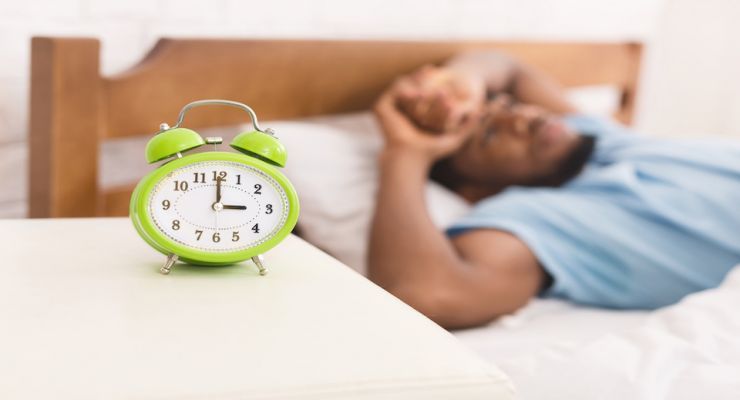If you are anything like the majority of the population, you use an alarm clock (or more likely, your smartphone) to pull you from the bliss of dreamland and jolt you awake to begin your day. But, did you know that this could actually be ruining your sleep cycle and your health? Here are a few reasons why you should avoid an alarm in the morning and how to wake up naturally.
Reasons to ditch your alarm
One study showed that people who woke up with an alarm experienced a spike in heart rate and blood pressure as they were jolted from sleep. We all know the feeling, you are experiencing a pleasant dream or are completely apart from the world floating in the glorious abyss of uninterrupted sleep when suddenly the shrill tones of your alarm clock sound. This early morning shock immediately puts you in a bad mood and causes your body to go on high alert.
Many people have trouble falling asleep due to full “to do lists” and a packed schedule of events and meetings the next day. It is common to lay in bed and stare at the ceiling waiting for sleep to come only to be assaulted by the memory of a task you forgot or an unpleasant conversation. An alarm in the morning immediately sends your body into “fight or flight” mode and causes your system to flood with adrenaline. This spike of stress calls to mind all of those things that kept you up the night before and can often make you feel more tired than when you went to sleep.
While this adrenaline spike can be helpful to spur you to action in the morning and inspire you to get to work on time, the constant stress can build up and lead to issues with depression, overeating, high blood pressure, and increased insomnia.
How to ditch your alarm clock
Though the thought may terrify you, it is actually possible to get rid of your alarm clock for good and teach your body to wake up on its own. This process of self-awakening requires a great deal of discipline but is worth it in the long run.
Determine how much sleep you need
Everyone’s bodies are different, and though it has long been argued that every adult needs eight hours of sleep, it isn’t always so simple. Some people only need six to feel rested while others will struggle through the day unless they get a solid nine hour night. If you have a couple of days off work, try going to bed at a set time every night and allowing your body to wake up naturally. You may find you sleep longer the first night because you had some sleep to catch up on, but after a couple of nights, you should be able to determine the amount of time you naturally spend sleeping.
Adjust bedtime accordingly
Most of us have to get up for work at a certain time each morning, so your ability to regulate your sleep mainly stems from the time you go to sleep. Calculate what time you will have to go to bed in order to wake up naturally and stick to it, even if it seems incredibly early.
Stick to a schedule
Getting your body to adhere to a natural sleep cycle will take some dedication and patience. It is absolutely essential that you wake up and go to sleep at the same time every day (yes, even on weekends) to train your brain and get up on time.
Tips for getting great sleep (and waking up naturally)
- Open the blinds. Natural light is the best way to wake up and allows your body to return to consciousness gradually.
- Set a backup alarm clock. Obviously, the process of getting rid of your alarm clock isn’t going to be a quick one. Always set a backup alarm clock so that you still have time to get to work if your natural approach fails you. This way, you won’t have interrupted sleep because of a fear of sleeping in.
- Don’t use your phone. When you do use an alarm clock, choose an actual clock and not your smartphone. It is too easy to become distracted by the constant stimulation and notifications.
- Follow a consistent bedtime routine. Whether it involves mediation, a relaxing bath, or unwinding with your favorite book, it is imperative that you follow the same routine each night about an hour before bed to prepare your body for sleep and de-stress from the day.
-Susan Patterson

